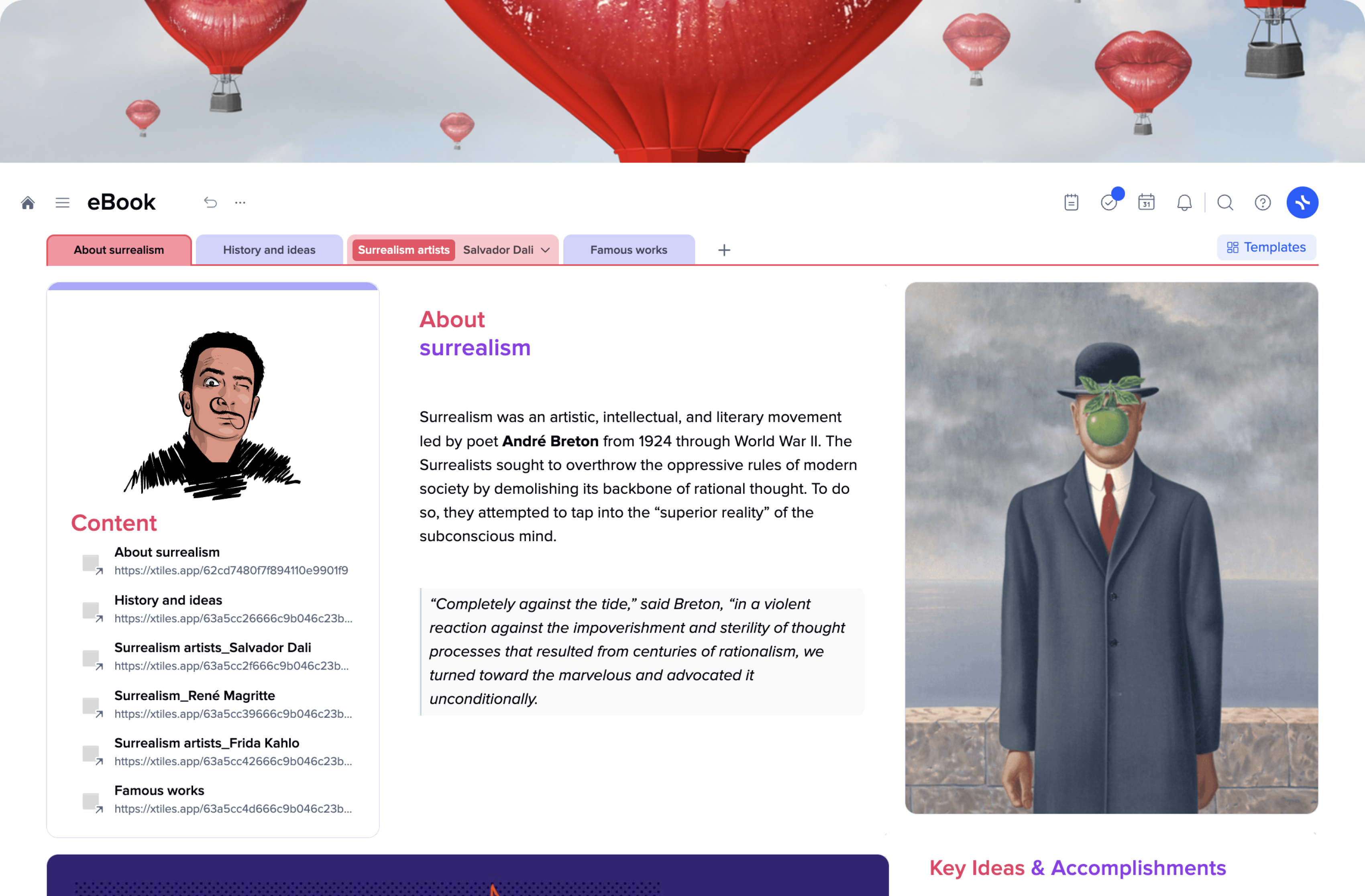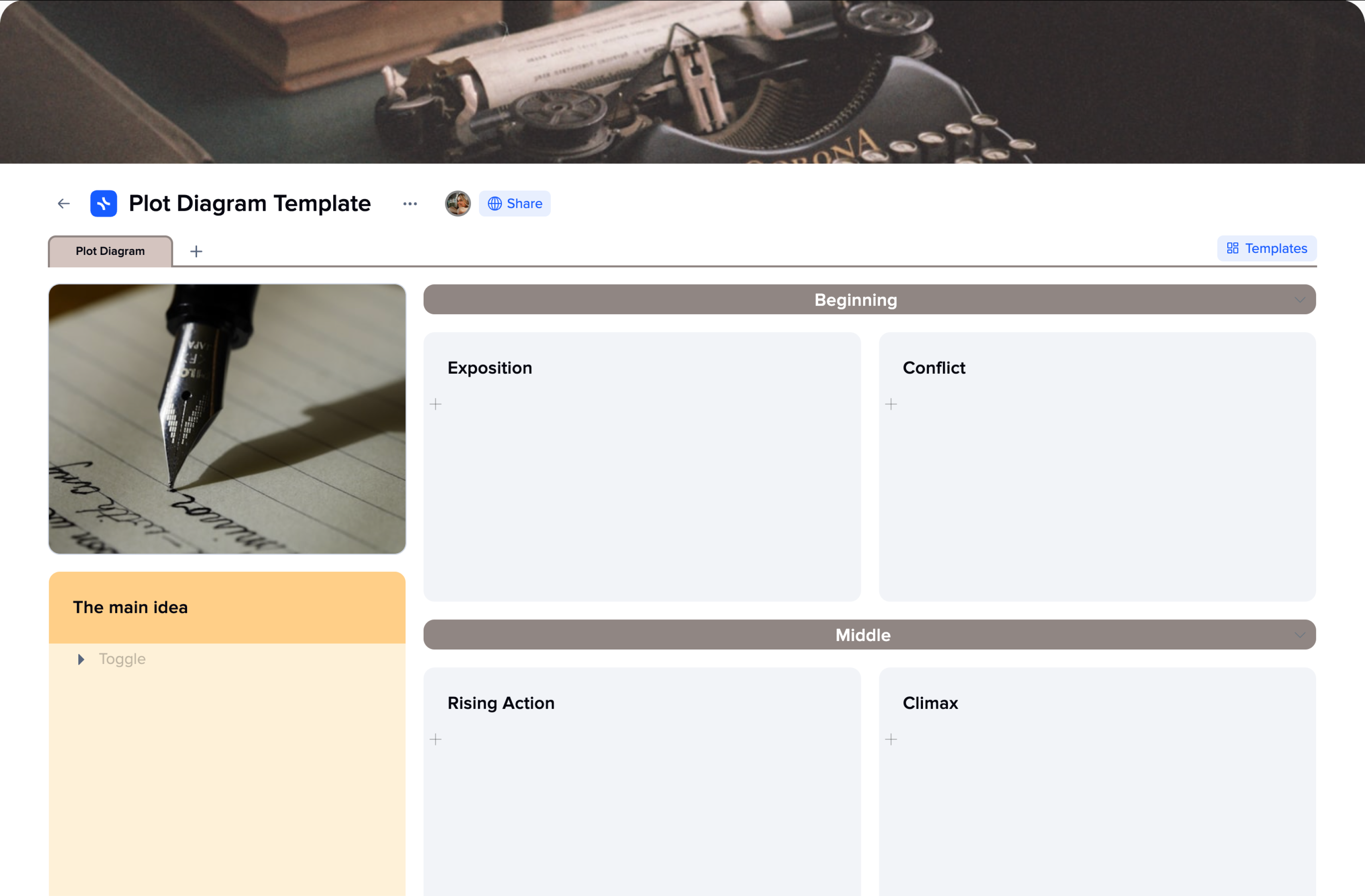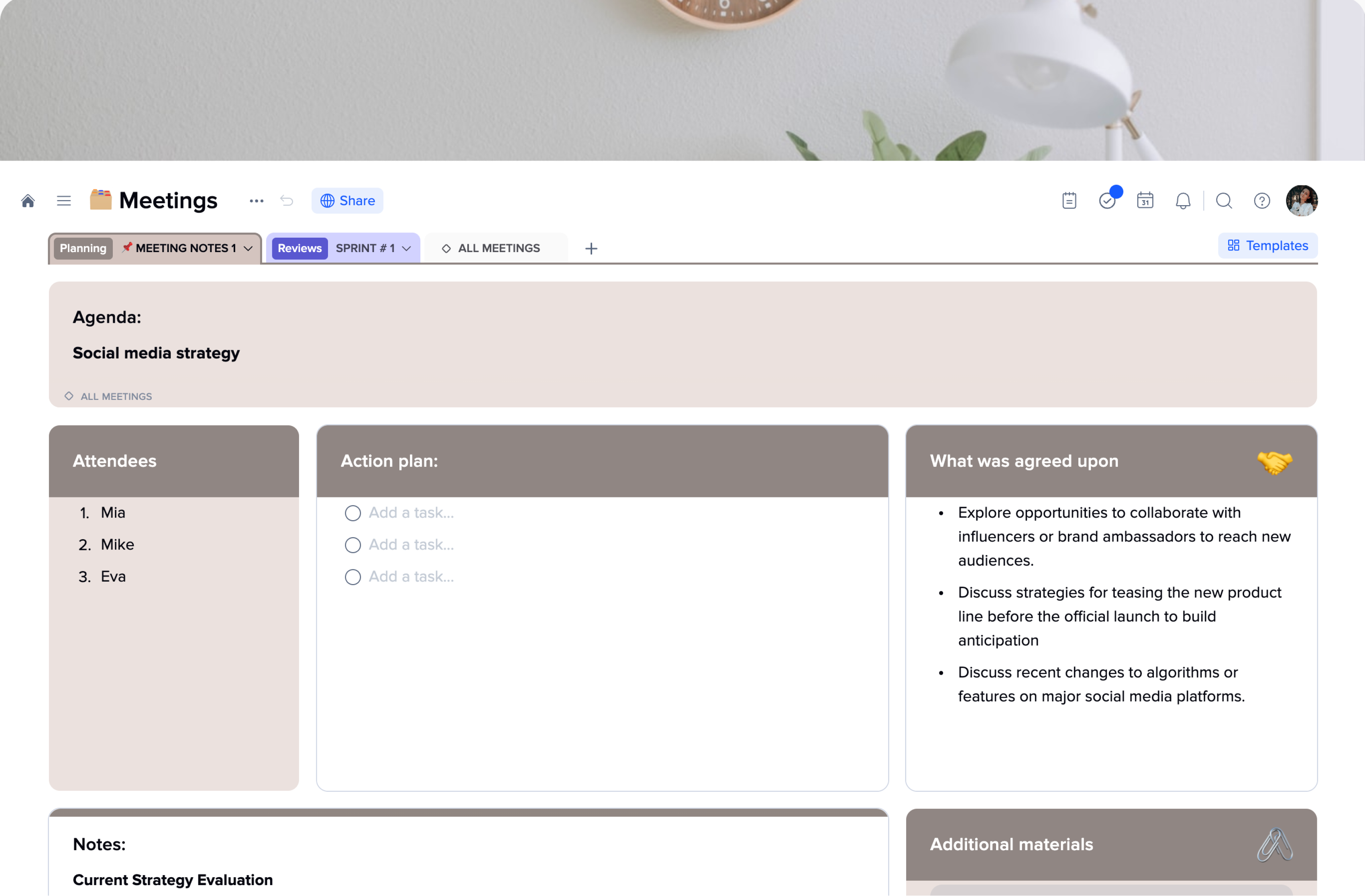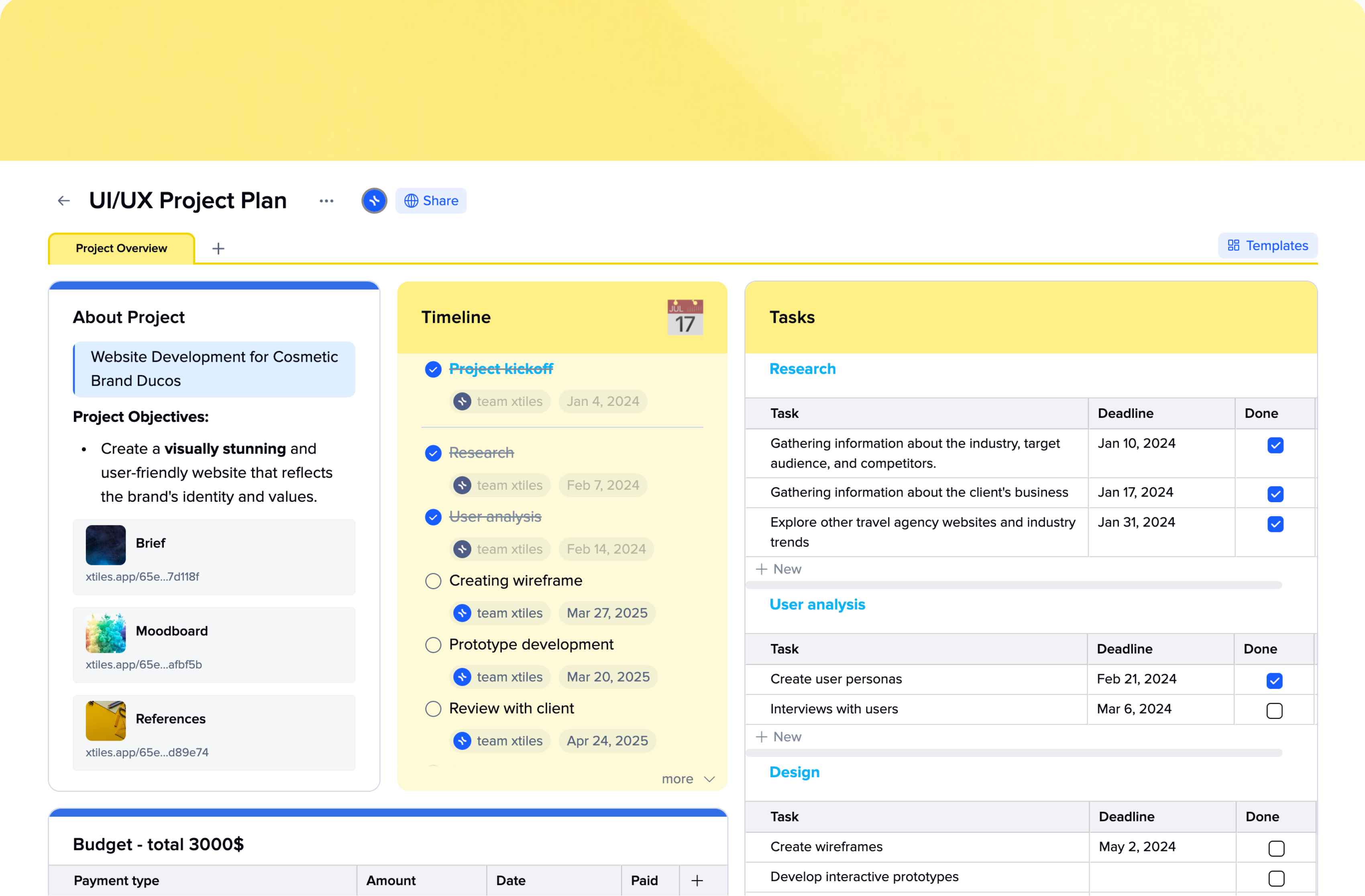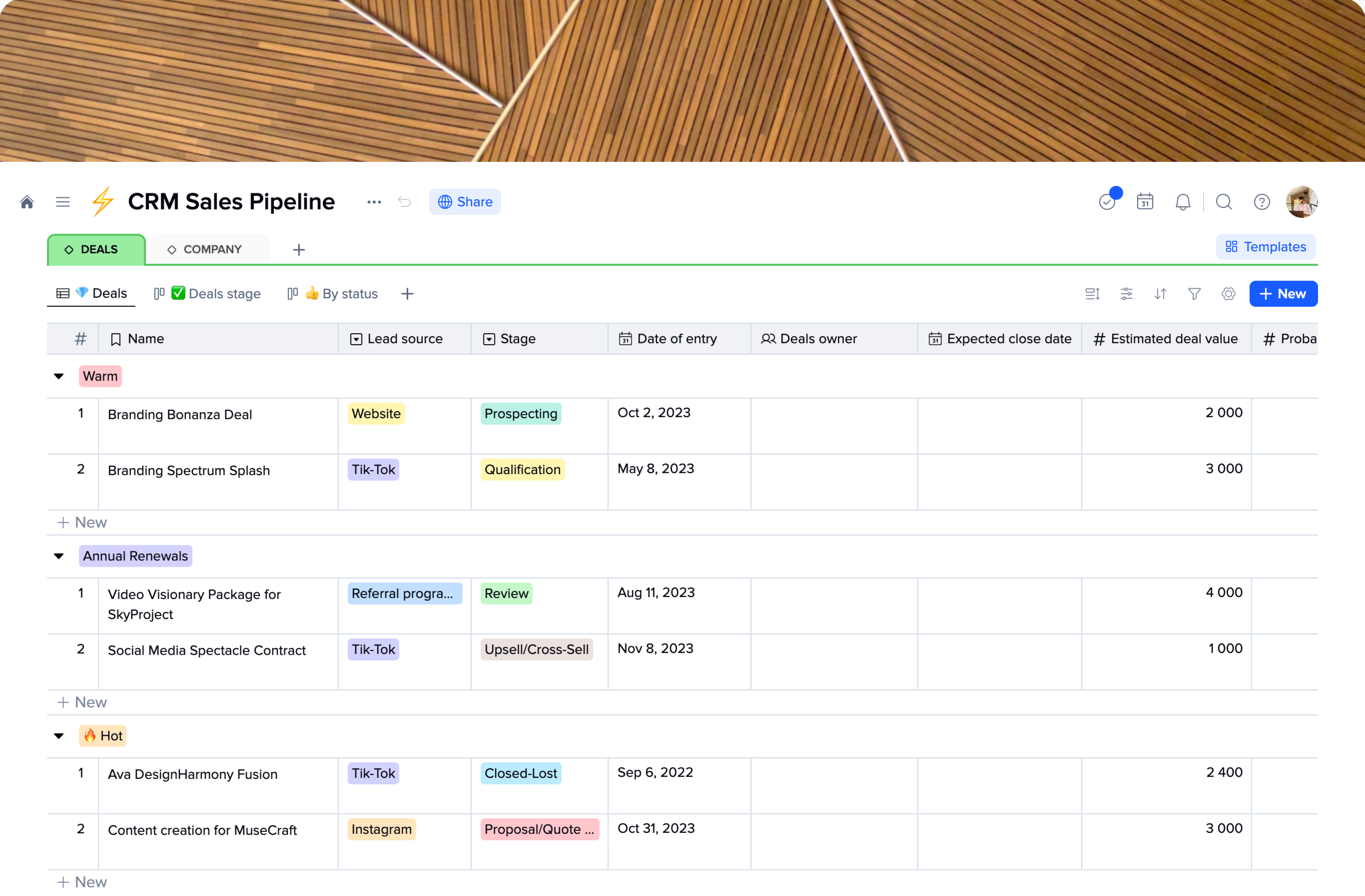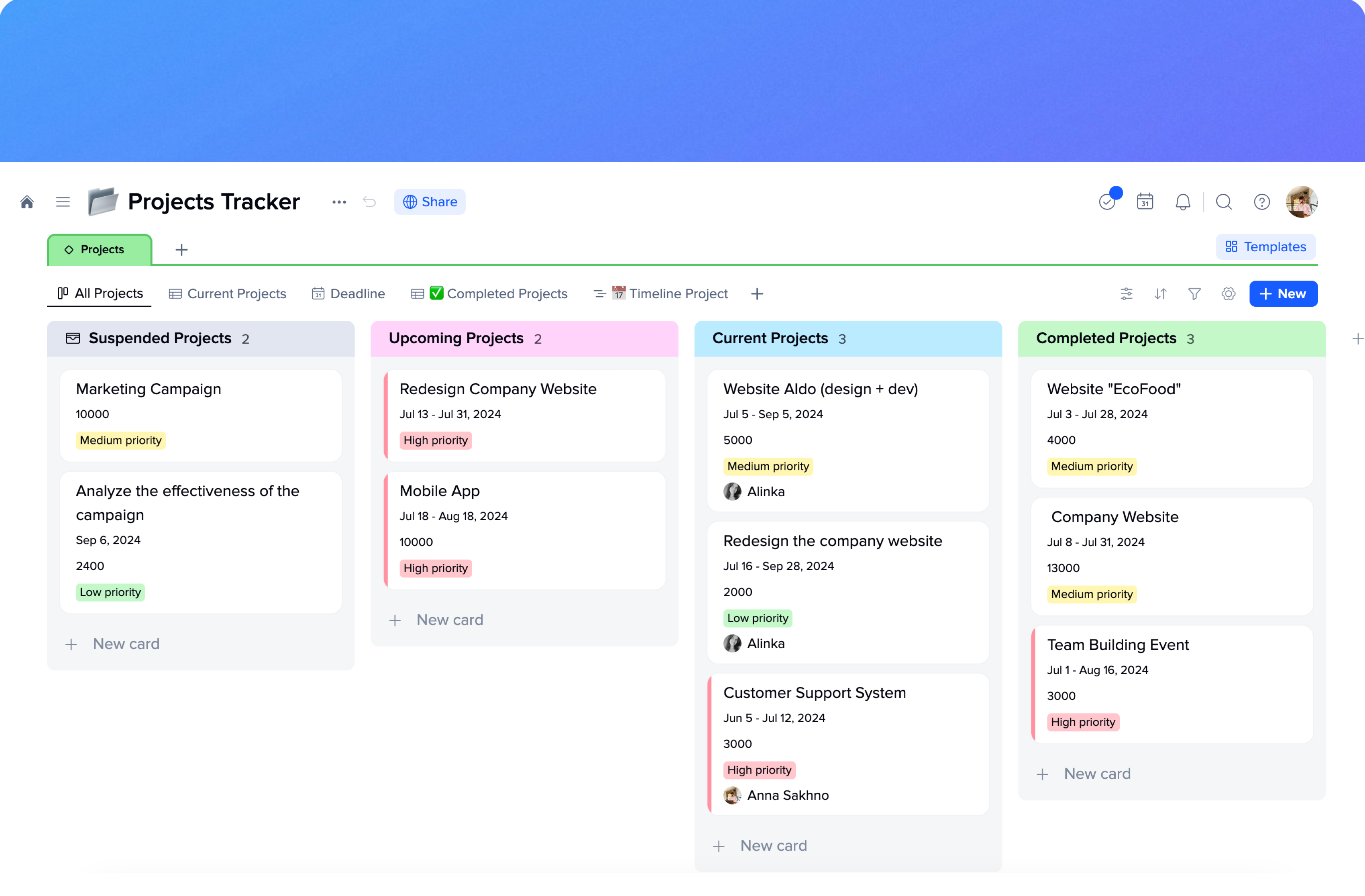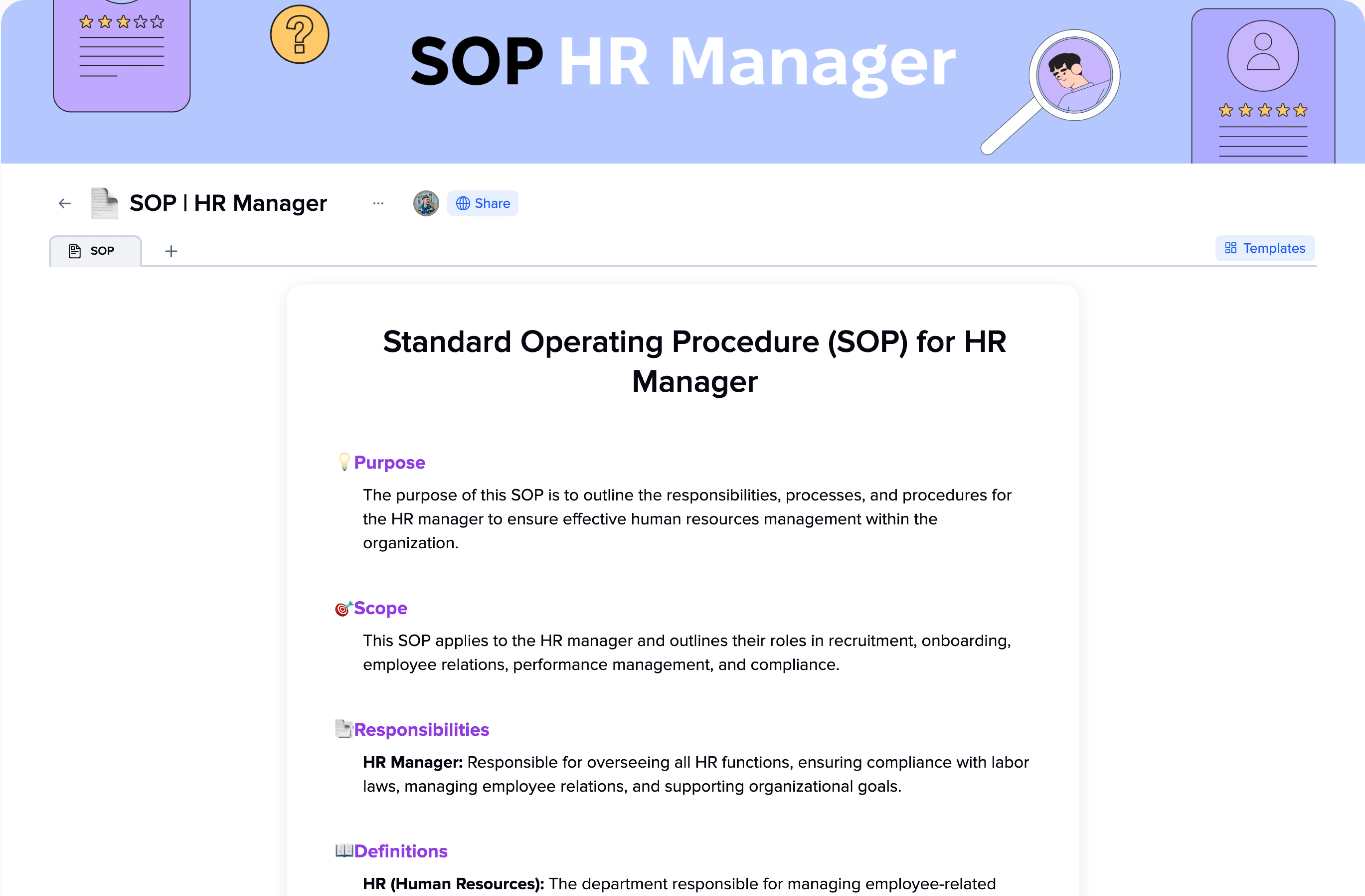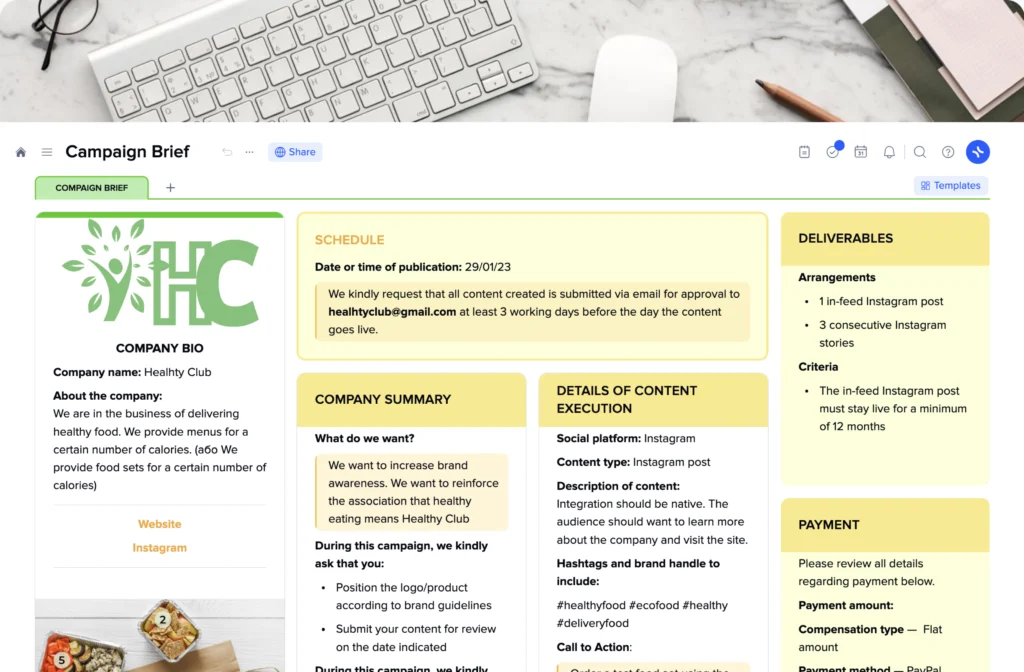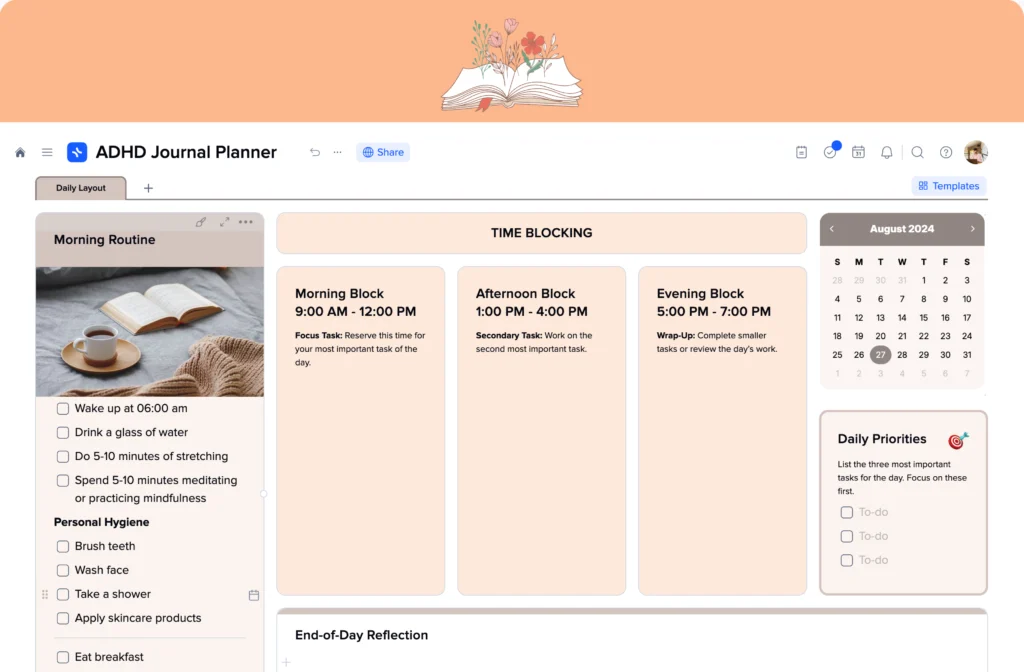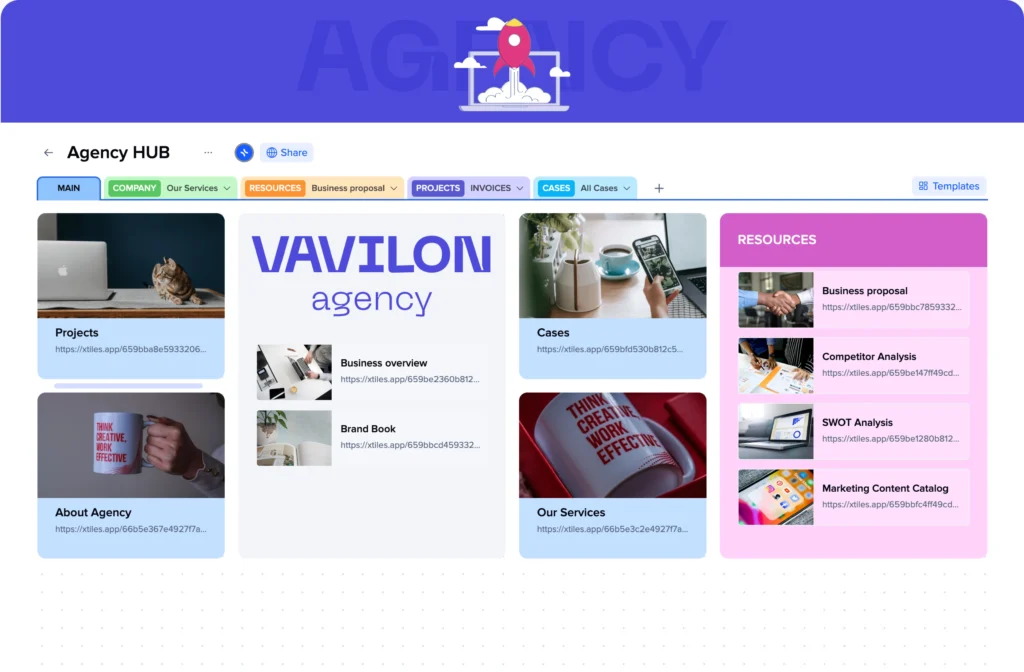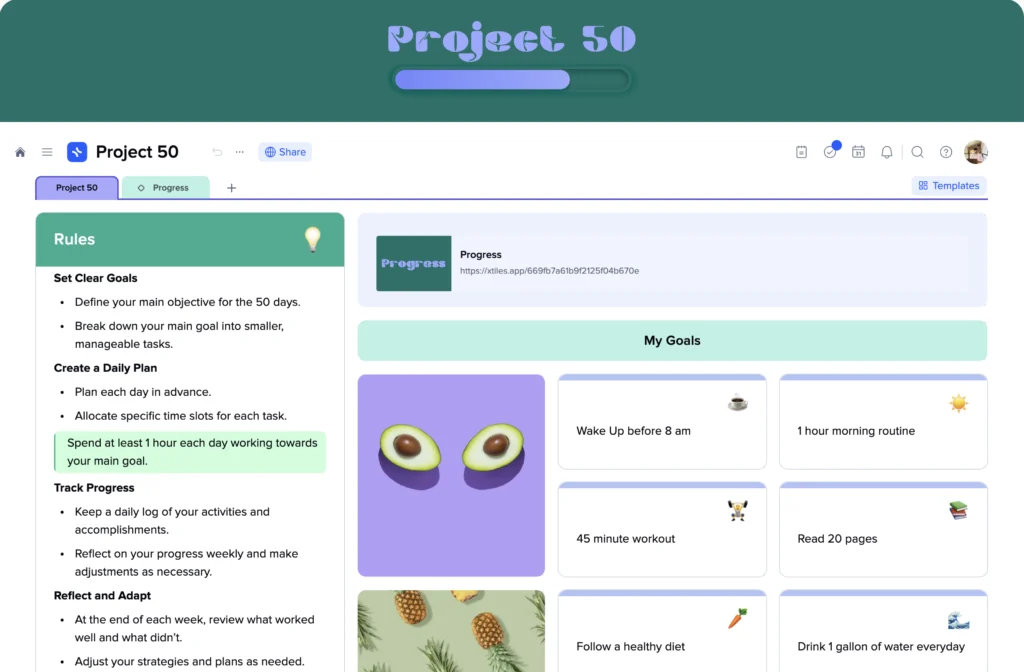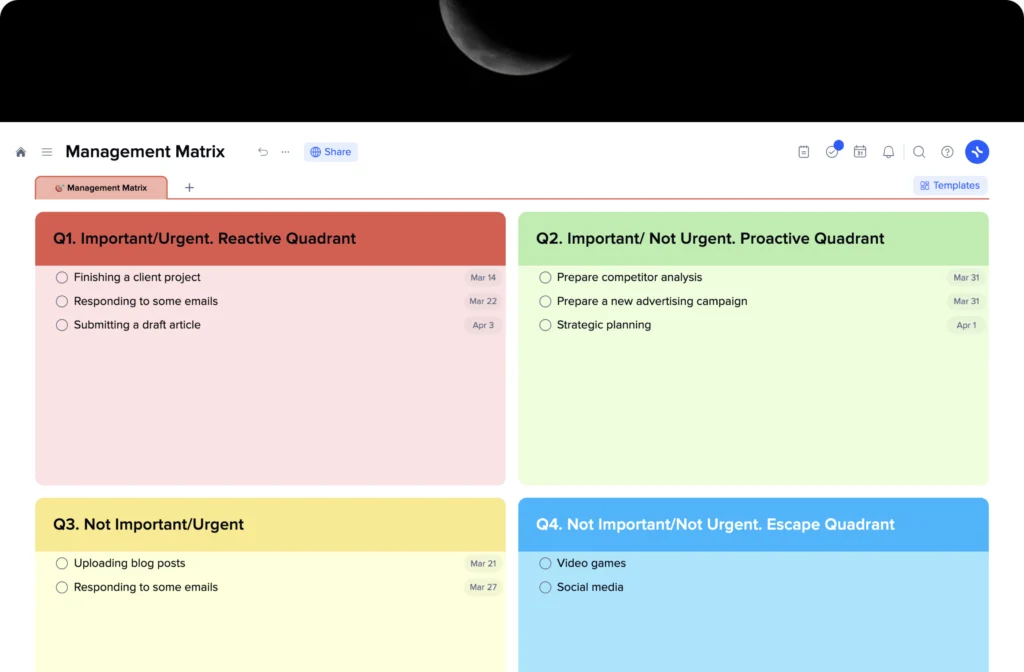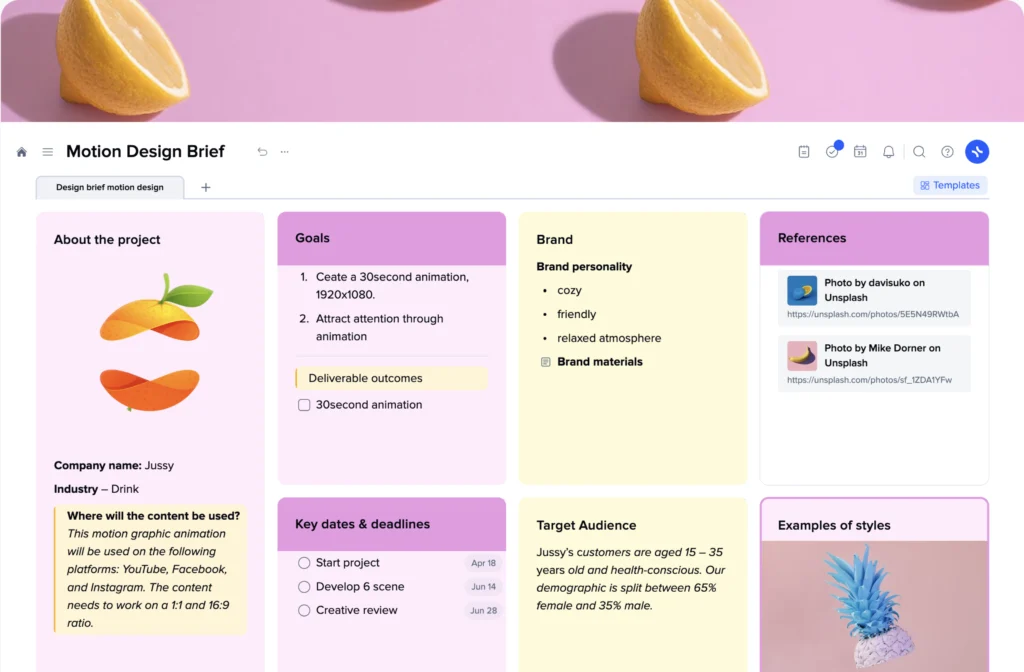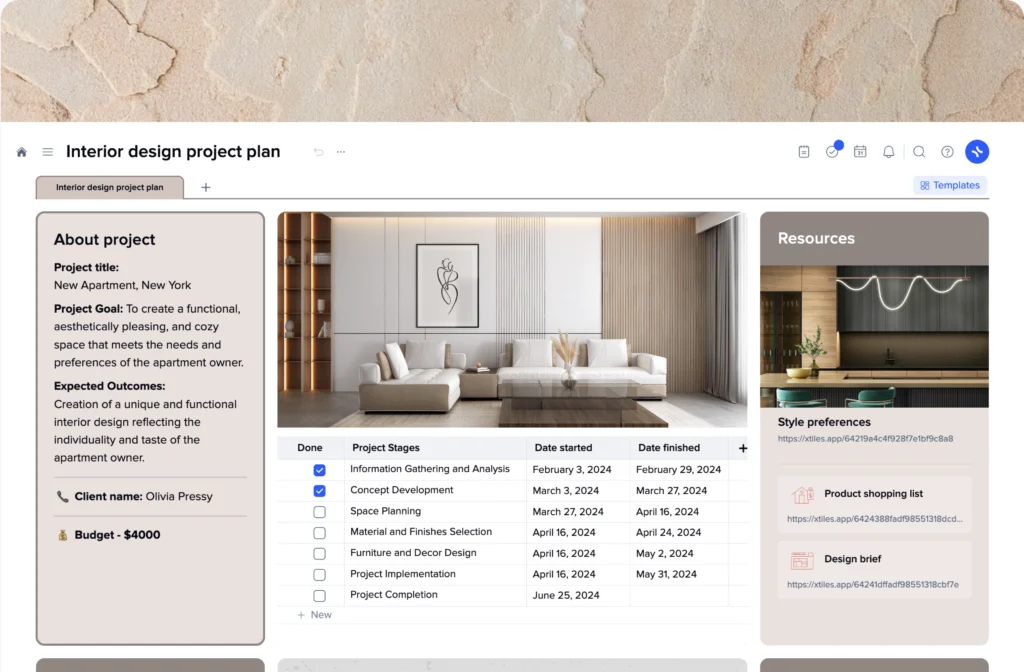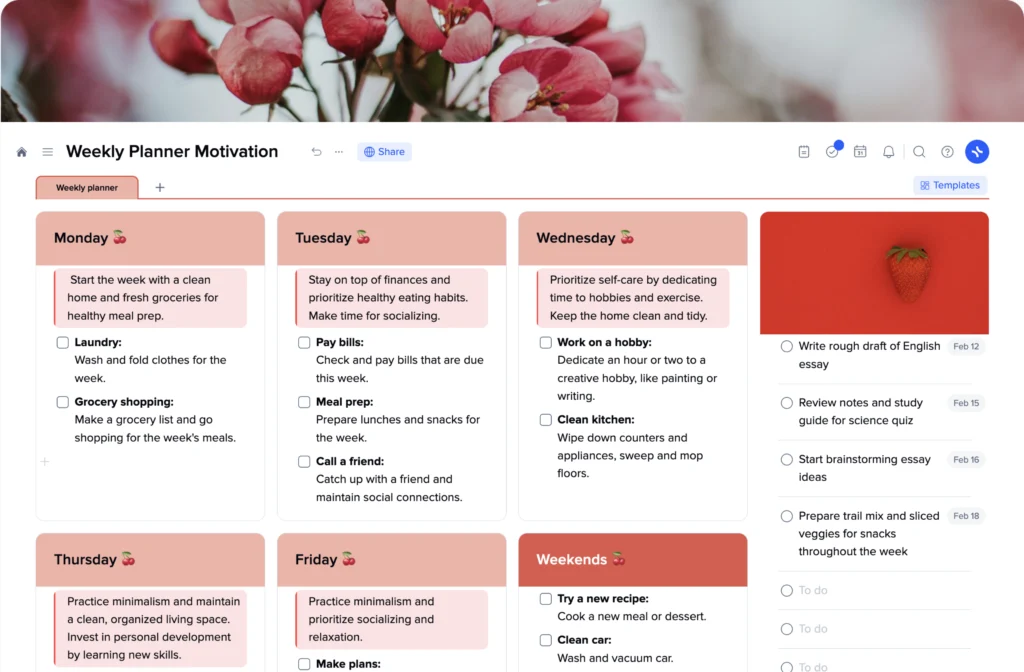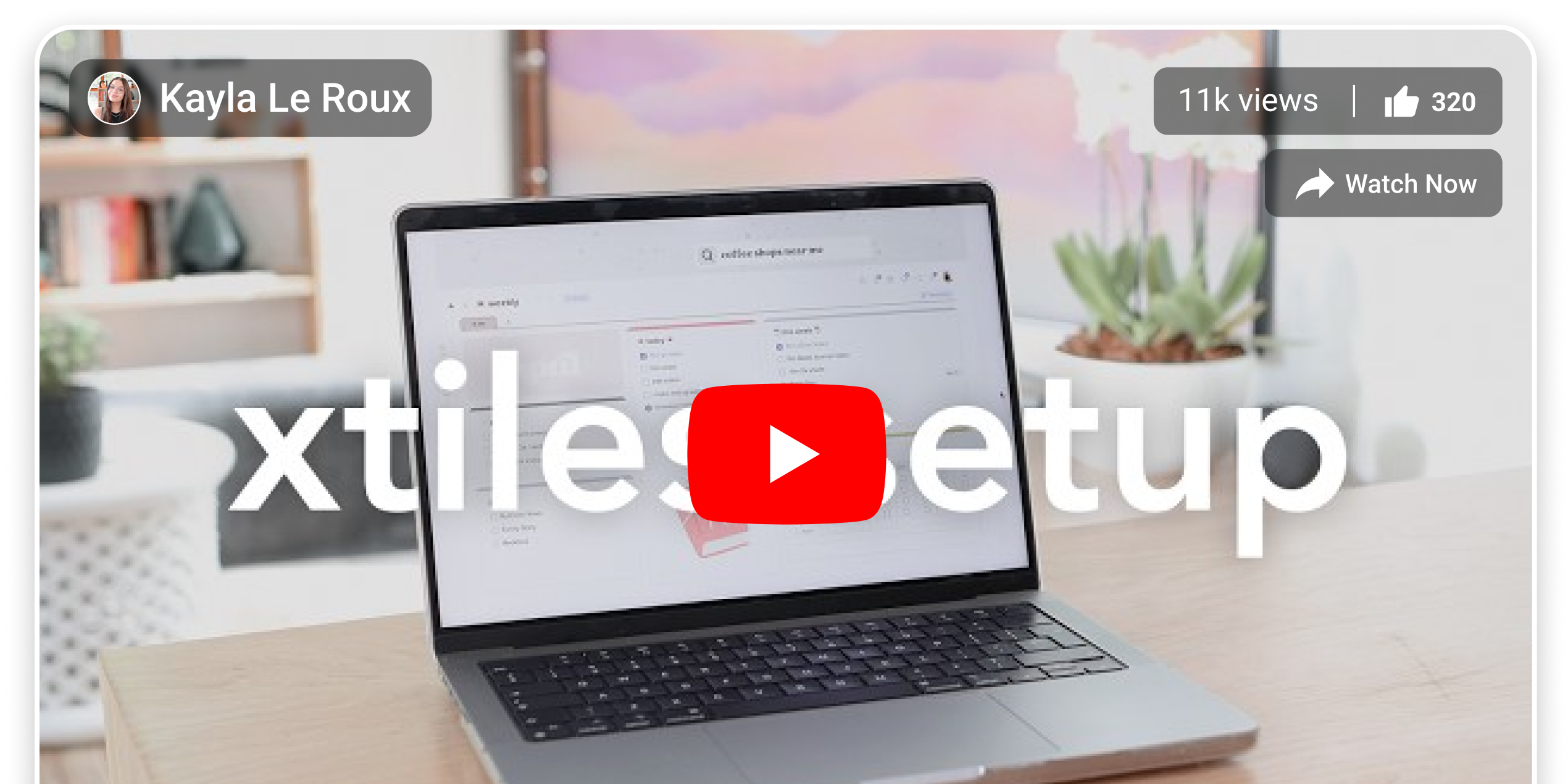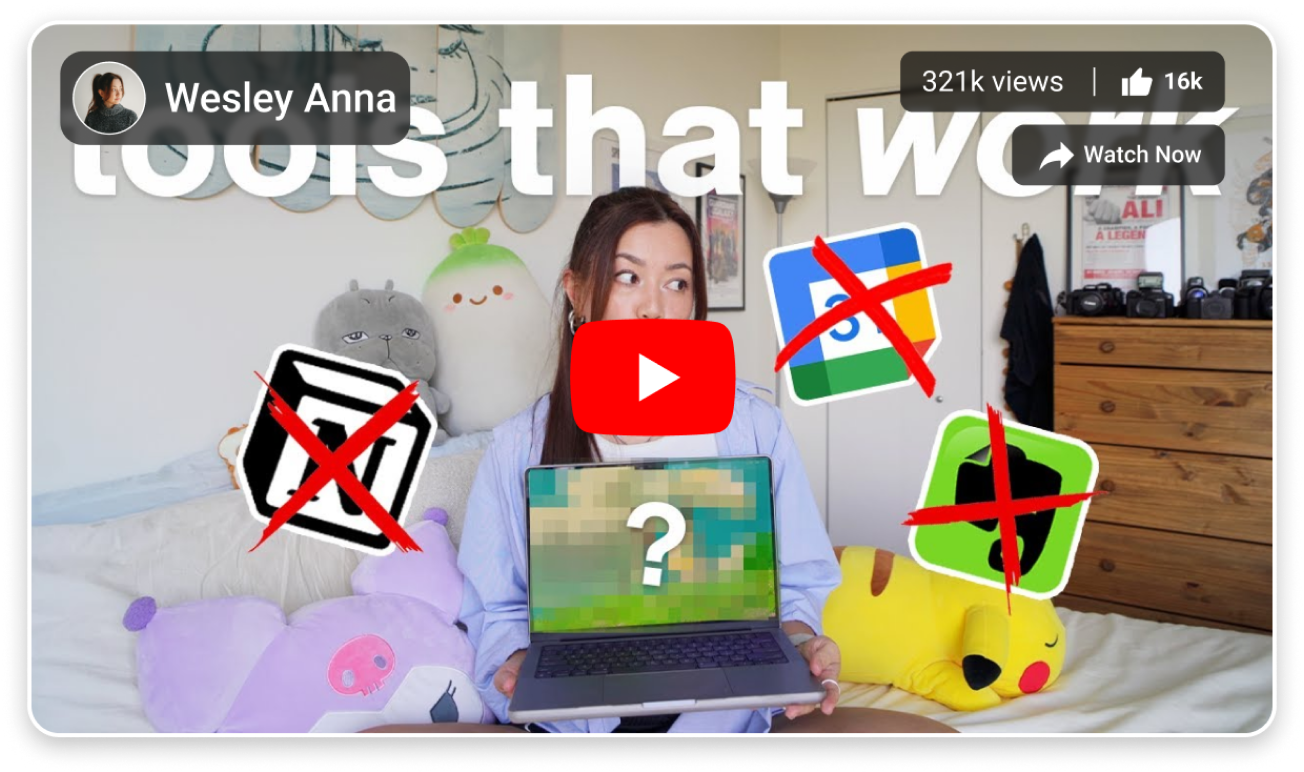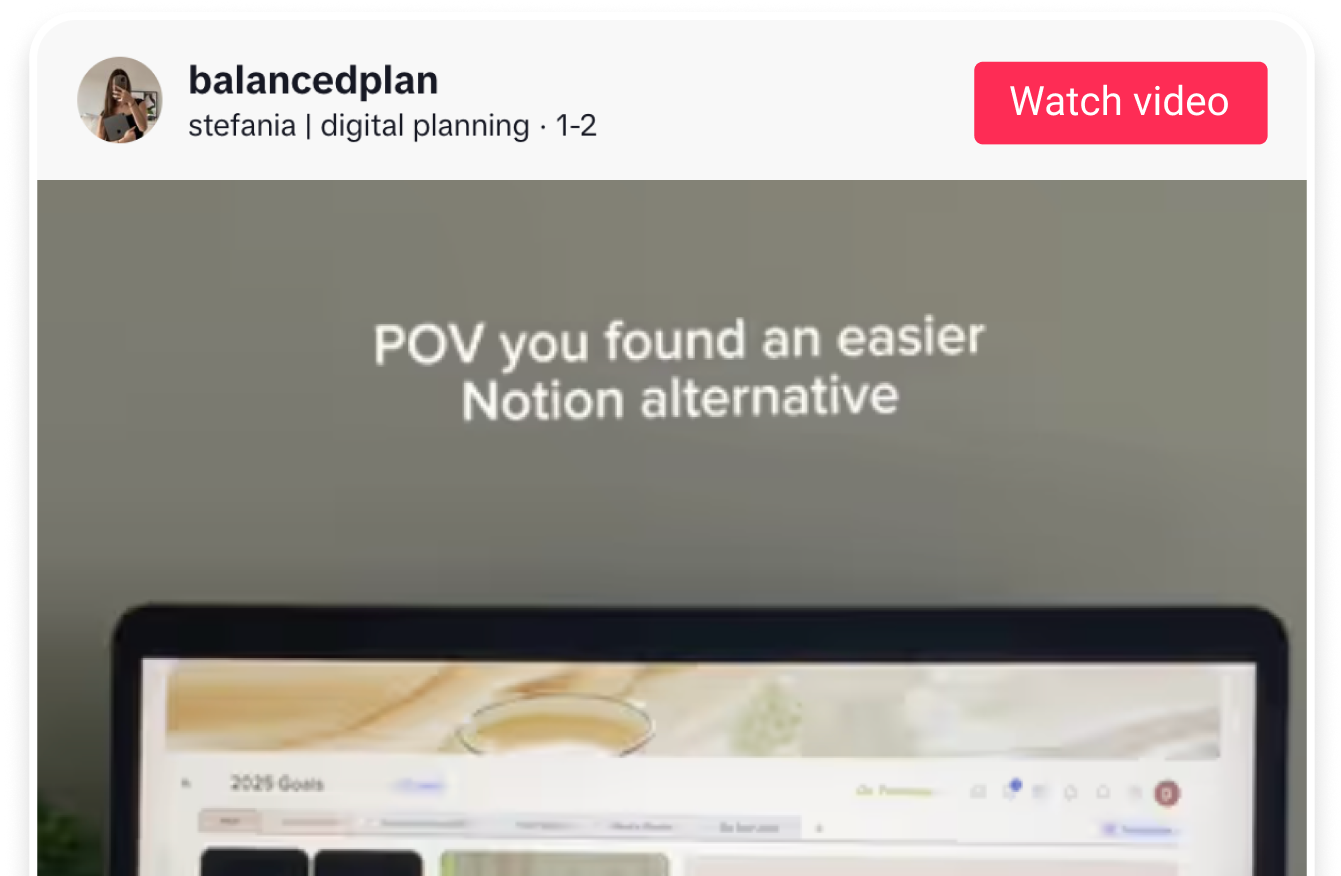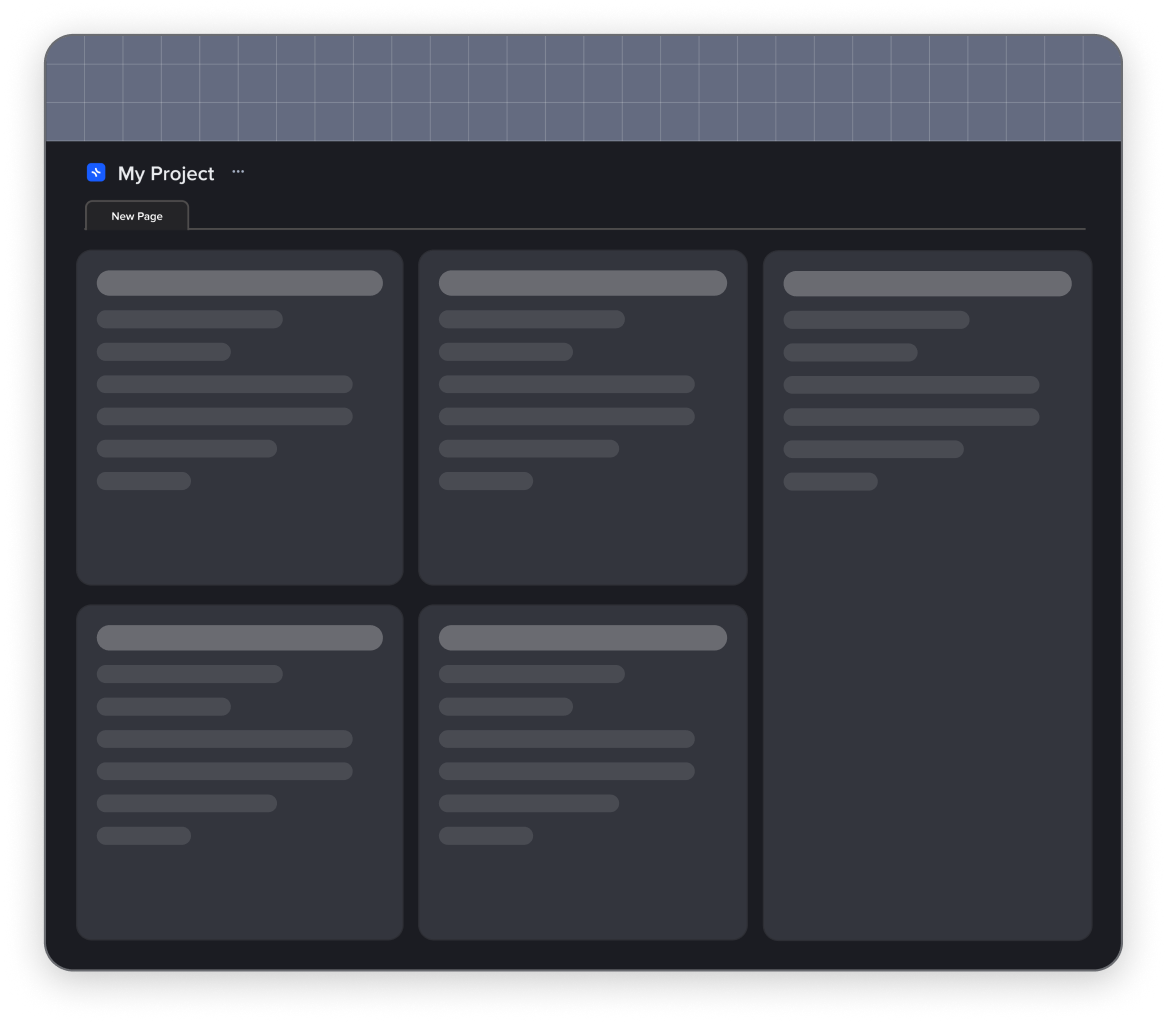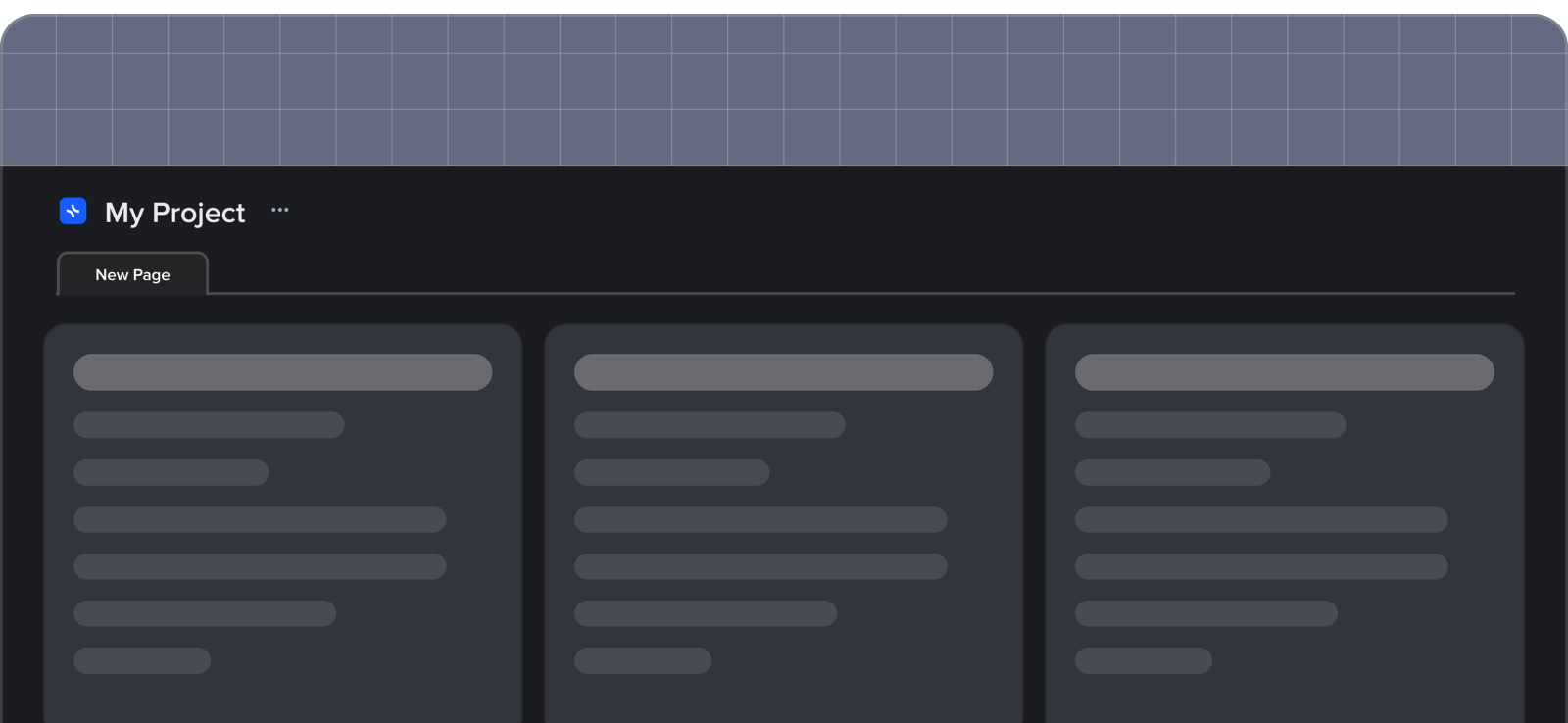eBooks have become increasingly popular in recent years due to their convenience and the fact that you can release a book without printing houses and agencies.
Annually more than 190 million eBooks are sold in the USA, and the number is growing faster than the number of printed book sales (while print book sales increased only 13%, eBook sales grew by 22% in 2021).
eBook templates empower you to bring any book you imagine to life, no matter your writing, designing, and publishing skill level. It can also greatly assist marketers in constructing a well-rounded content marketing strategy.
We live in a crazy yet beautiful world full of possibilities where a free eBook template may help you create a book that changes your and your readers’ lives.
The xTiles eBook template offers a simple yet sophisticated pre-designed structure for organizing your future eBook. We also provide an example of an eBook to help you grasp the concept and a detailed guide on writing your own.
Why release an eBook?
Publishing an eBook has numerous advantages in comparison to traditional printing books. While the world of printed literature stays almost closed to non-literature people, without mentioning a couple of loopholes, eBooks open a wide range of opportunities.
Tirelessly pestering for years and waiting for a publisher is a part of the biography of many famous authors. If only they knew that the path a book has to overcome from a manuscript to a reader is much shorter today.
Here are some of the significant benefits associated with eBook publication:
- Cost-effective publishing
Creating an eBook typically involves lower costs compared to print publishing. No printing house will delay copies of the book. There will be no problem with storage or physical distribution. Additionally, if you’re acknowledged with designing and promotion, you can release your book on your own.
- It’s easier to reach a global audience with eBooks
While a physical book has overcome a long path to land in other countries, an eBook needs less than e second to be downloaded somewhere in the other hemisphere. Digital platforms and online marketplaces allow authors to reach a global audience without limitations of physical distribution.
- It’s an accessible way to share your unique insights and perspectives
An eBook allows you to share your knowledge, skills, thoughts, ideas, and expertise on a specific subject with a wide audience.
- An eBook helps to establish authority and credibility
Releasing an eBook can help you establish yourself as an authority in your field. It positions you as an expert and enhances your credibility among readers, potential clients, or industry peers.
- You can generate income with eBooks
eBooks can serve as a potential source of income when sharing your knowledge, skills, thoughts, ideas, etc. You can sell your eBook directly to readers or distribute it through various platforms, earning royalties from each sale.
- eBooks provide flexible publishing options
Self-publishing guarantees great control over the process. You set your timeline, choose designs, set pricing, etc. An author gets the freedom to experiment at each stage of the publishing process with different ideas and concepts.
- You don’t have to be a writer to release your eBook
eBooks may become a part of your content marketing strategy, education course, manuals for students, etc. Getting in touch with a publishing house may be too much for a one-time action. That’s why a self-publishing eBook is a solution to many issues, especially when it comes to filling gaps in your field of expertise.
- eBooks help save the planet and environment
And last but not least, eBooks significantly reduce deforestation. Additionally, since they don’t need physical transportation, they also reduce carbon footprint and pollution.
Is it possible to make money writing eBooks?
Being an accessible way to publish content, eBooks may bring significant income to their authors. Everything will depend on your field of expertise, the topic, your target audience, and the current demand for the information you provide.
Also, your country of residence and its eBook market condition will have an impact on how much you can earn from your books. For example, the eBook industry in the United States alone generated $1.1 billion in revenue in 2020.
However, some countries have weak or no regulations for torrenting copywriter materials. So, if you live in one like that and publish content in your native language (so foreigners can have no advantage of it), your potential earnings from writing an eBook are, unfortunately, lower.
Here are some ways in which you can make money from writing eBooks:
- Direct sales
You can sell your eBooks directly to readers through various platforms or your own website. An effective marketing strategy and well-balanced price can generate revenue from each sale.
- Royalties from publishing platforms
If you’re not ready to manage the publishing and selling process from A to Z, you can release your book through different platforms that offer a relevant service, such as Amazon Kindle Direct Publishing (KDP). In this case, you can earn royalties based on the sales or downloads of your eBook.
Please notice that the royalty rates will vary depending on the platform and pricing model. And unlike the first method, you won’t be the one who controls everything.
- Subscription services
Some eBook platforms offer subscription services where readers pay a monthly fee to access a library of eBooks. Participating in such programs can provide a consistent income stream based on the number of times your eBook is borrowed or read.
- Licensing and rights
Depending on the content of your eBook, you may have opportunities to license its rights for various purposes. This can include translations, adaptations for other media formats, or licensing for educational or corporate use. These licensing deals can generate additional income.
As you can see, some of these ways to gain income by writing eBooks can be mixed.
- Content marketing and lead generation
Sometimes, eBooks are only a tool of a content marketing strategy to attract potential customers and generate leads. In this case, they generate income or other kinds of profit indirectly.
For example, you may offer a valuable eBook in exchange for contact information. You can build a subscriber list and potentially convert those leads into paying customers for other products or services.


